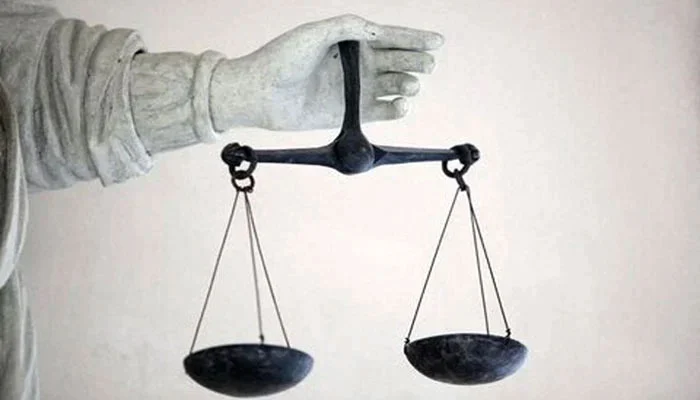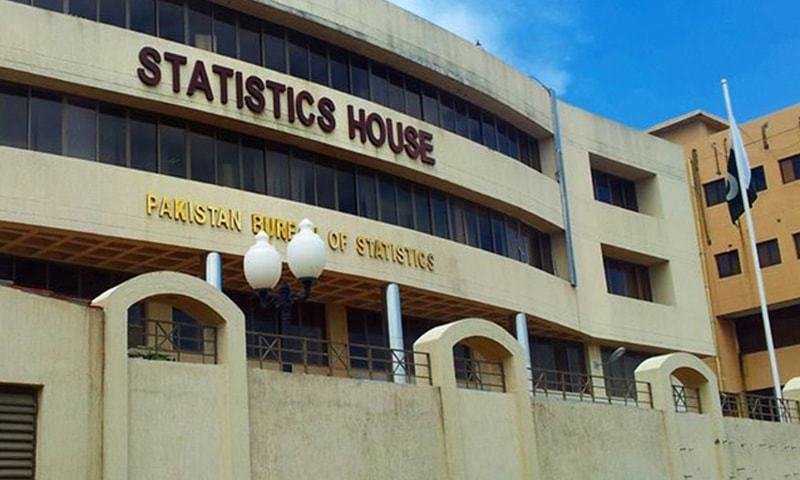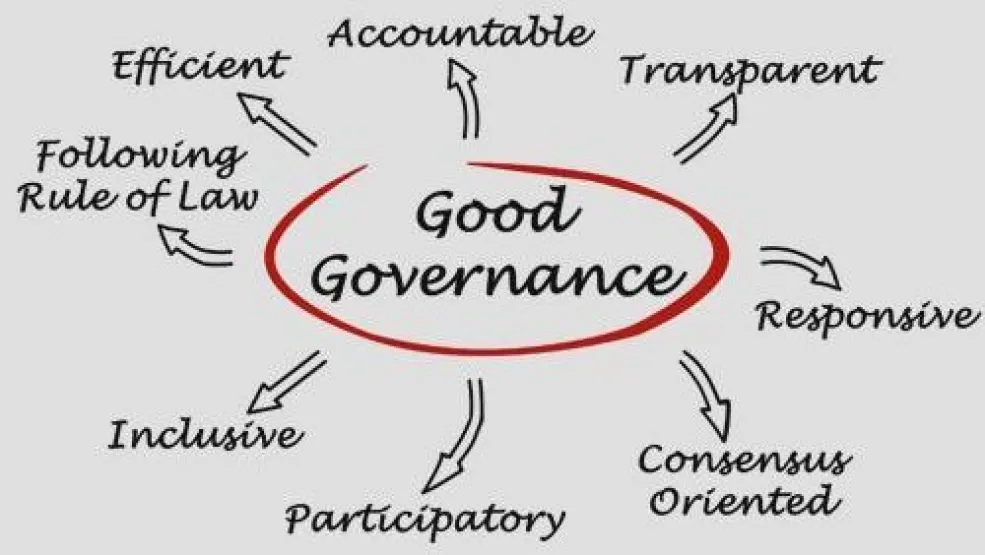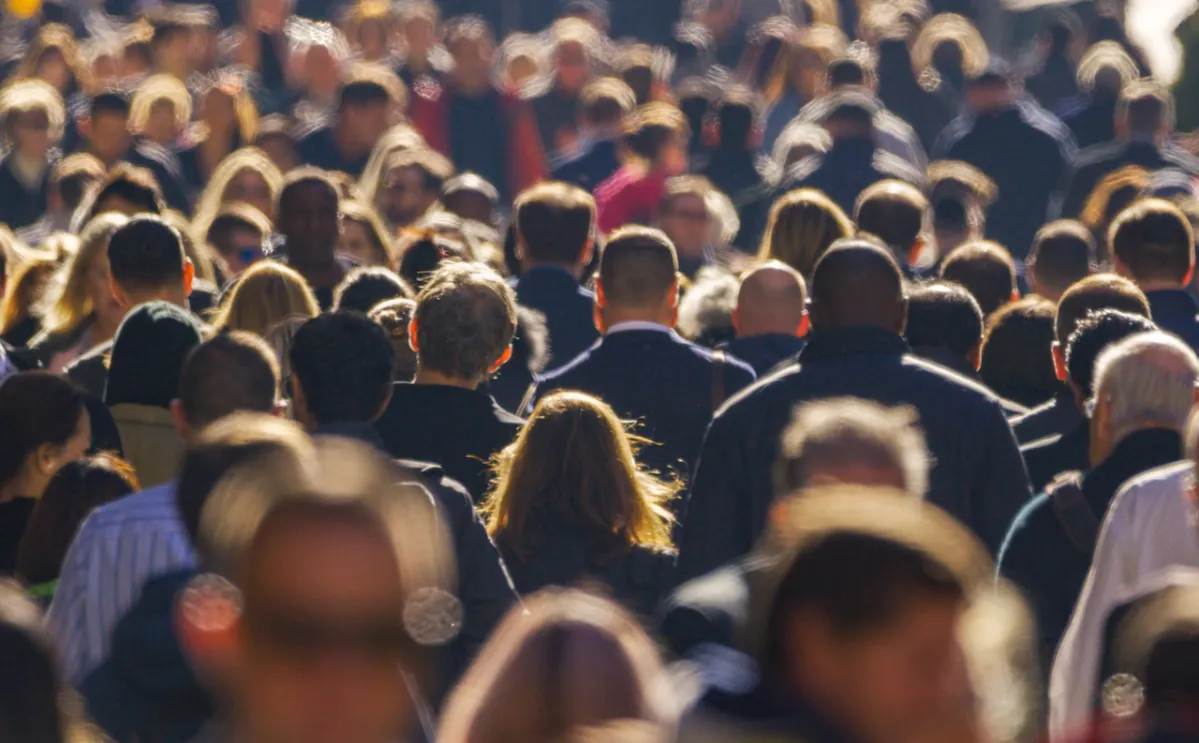Editorial
In Pakistan’s evolving socio-political landscape, one truth remains constant: real change begins in society, not the state. The state, by its very nature, is a guardian of the status quo. It is structured to preserve power, maintain institutional continuity, and resist disruption. Expecting the state to willingly dismantle the very systems that sustain it is wishful thinking.
Pakistan’s state apparatus, deeply rooted in colonial legacies, is structurally misaligned with the public interest. Its bureaucratic inertia, elite-centric priorities, and security-driven policies have historically marginalized the voices and needs of the common citizen. Instead of being a facilitator of reform, the state often becomes the chief obstacle to progress.
Yet, despite this rigidity, there is a growing sense of awakening in Pakistani society. Over the past decade, and more visibly since 2022, people—especially the youth—have begun to question long-standing social, religious, and political norms. Conversations once confined to drawing rooms are now public debates. Citizens are challenging patriarchal traditions, sectarian narratives, and authoritarian politics with courage and clarity.
Please, subscribe to the YouTube channel of republicpolicy.com
This shift is not led by institutions but by people. From digital platforms to community spaces, Pakistanis are carving out a new narrative. It is messy, inconsistent, and often chaotic—but it is alive. And that’s what matters. The societal pulse is moving faster than the state’s reflexes.
The road ahead is long and difficult. The state will resist, and the system will retaliate. But the momentum lies with society. The seeds of transformation have been sown not in bureaucratic corridors but in classrooms, social media feeds, and street conversations. It is here, in the evolving social consciousness, that Pakistan’s true hope for change resides. And it is here that the state must eventually catch up—or be left behind.

















